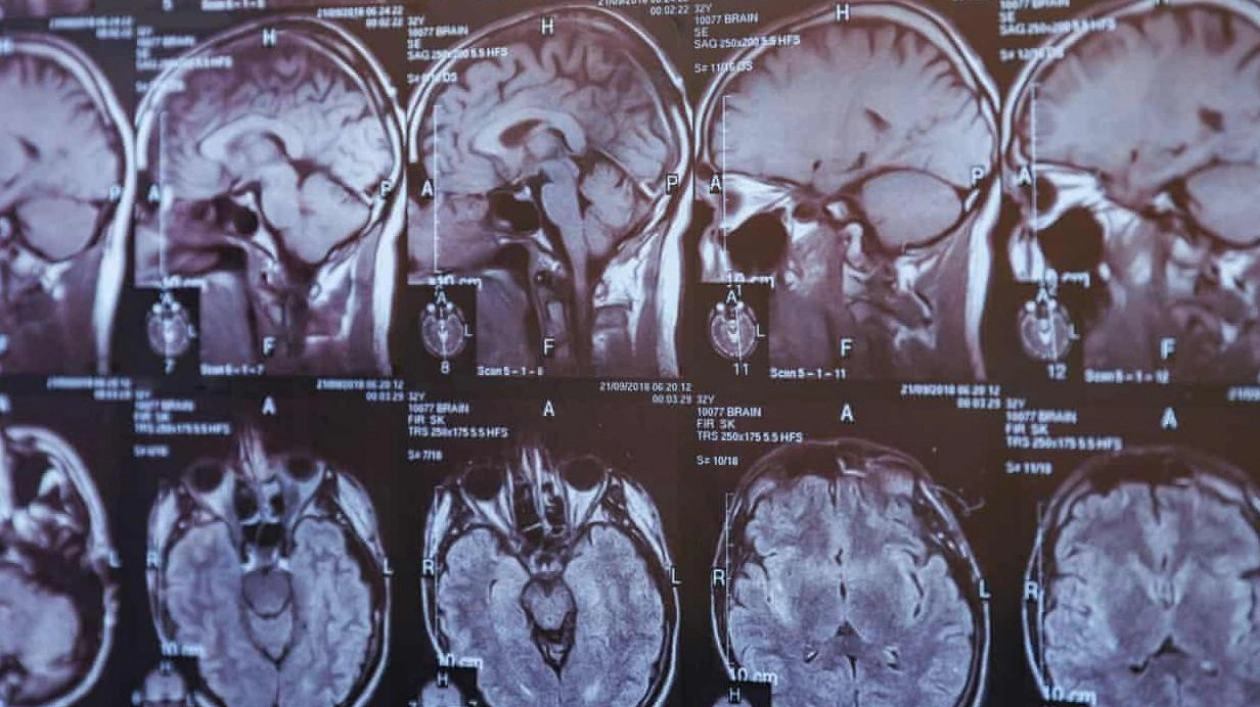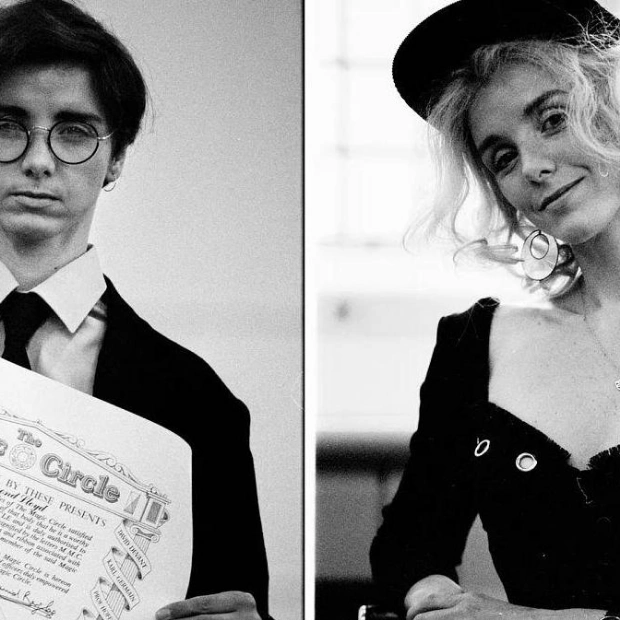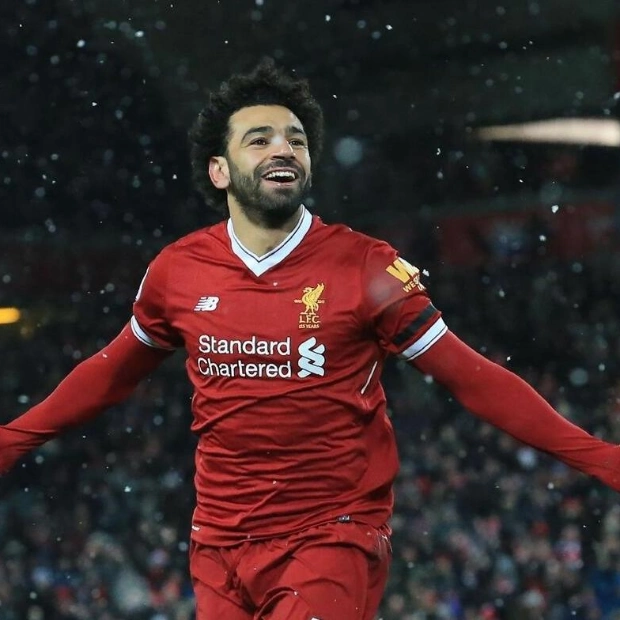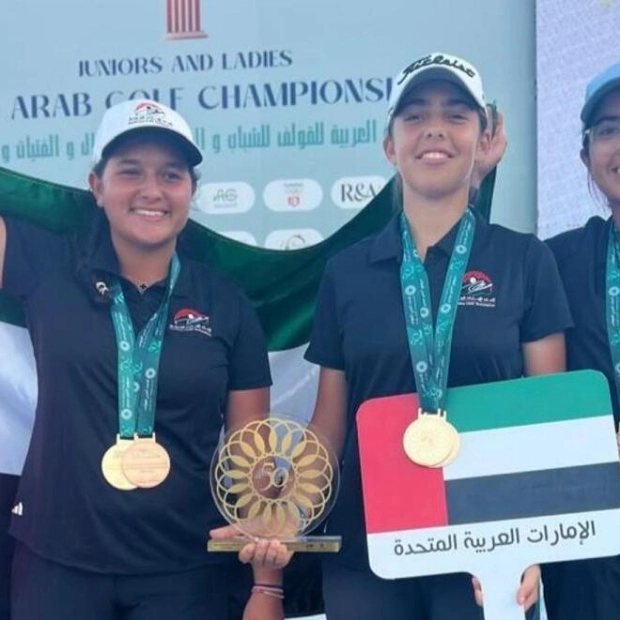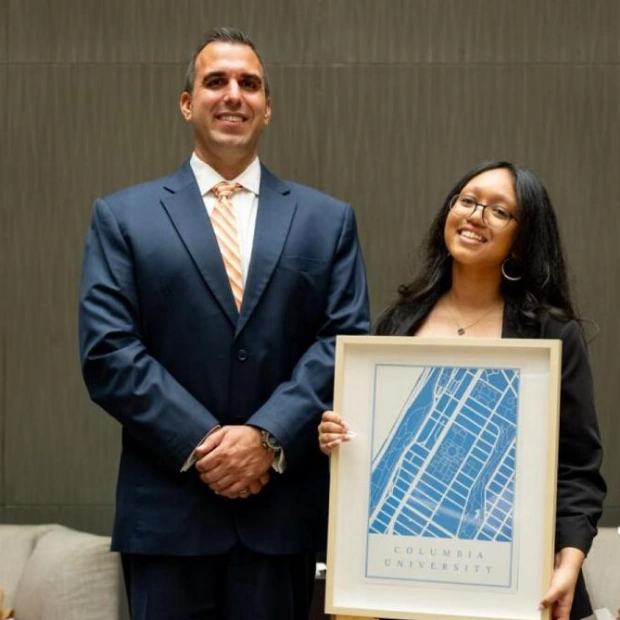Four years ago, shortly after the Guardian reported that a group of eight rugby union players had been diagnosed with early onset dementia and were planning legal action against the sport's governing bodies, I participated in a three-way interview with former Wales international Alix Popham and forensic pathologist Bennet Omalu. Popham, who had recently gone public with his own diagnosis, proposed the interview to raise awareness about brain health through a charitable foundation. Inspired by the movie 'Concussion,' Popham sought to learn more about Omalu's groundbreaking work identifying chronic traumatic encephalopathy (CTE) in American football players.
Omalu, a vibrant figure in the fight for better brain health, has faced criticism for allegedly exaggerating his contributions. Despite his flaws, his efforts to highlight CTE risks in sports are undeniable, and he offers unique insights into the challenges and arguments faced by those advocating for change. Omalu warned Popham that he would be met with resistance, a prediction that seemed plausible given the skepticism I encountered from within the sport regarding the reliability of the eight players' diagnoses.
As more players came forward, the anecdotal evidence of suffering became overwhelming, prompting the authorities to implement overdue measures such as changes to the laws and improved welfare for retired players. However, the players involved in the legal action remain in limbo, with the next hearing scheduled for February but the case not expected to commence until 2026. The ongoing legal battle, marked by disputes over disclosure and media strategies, has left the players uncertain about the outcome of their claims.
Recent revelations about the law firm Rylands Garth, which represents the claimants, have further complicated the situation. The firm is under investigation by the Solicitors Regulation Authority for potential breaches of conduct after unsuccessfully suing former England player Will Green for medical costs. Despite the firm's challenges, including being understaffed for the complexity of the case, they remain committed to their clients. The public's less sympathetic view of lawyers compared to athletes has made Rylands Garth an easy target, with some in the sport aiming to undermine their credibility.
World Rugby's public statements reflect a strategy to distance themselves from the legal action, emphasizing their care for the players while questioning the claimant's legal team's priorities. This leaves the players questioning why they should trust the same organizations that failed them in the past. Ultimately, the 'rugby family' created this situation, and it was the lawsuit that compelled the sport to address these issues seriously. The problem won't be resolved by lawyers alone, but the threat of a multimillion-pound payout will diminish.
Source link: https://www.theguardian.com
